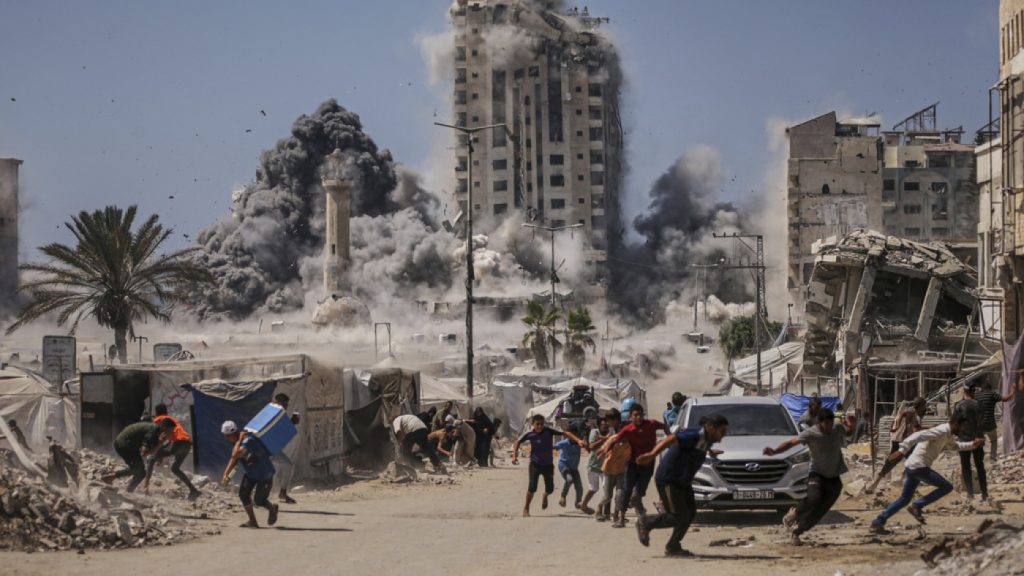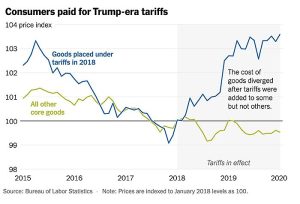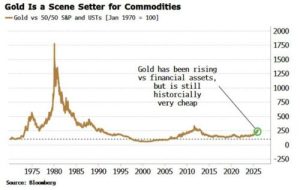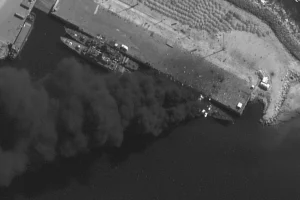Israel’s Actions in Gaza: A Clarification on Genocide Allegations

FILE - Palestinians run for cover during an Israeli airstrike on a high-rise building in Gaza City, Friday, Sept. 5, 2025, after the Israeli army issued a warning. (AP Photo/Yousef Al Zanoun, File)
Palestinians receive flour supplies after trucks entered from the Karem Abu Salem crossing, in Khan Yunis in the southern Gaza Strip on Oct. 12, 2025, as a ceasefire between Israel and Palestinian factions holds. A Gaza ceasefire was holding ahead of a US-proposed hostage-prisoner exchange and a summit aimed at charting a path to peace.
The allegations of genocide against Israel have sparked widespread controversy, with critics accusing the nation of systematic destruction of a group. However, these claims are rooted in distortion and disregard for historical context. Since its establishment, Israel has consistently demonstrated efforts to minimize civilian harm, even at great risk to its own forces.
Israeli Prime Minister Benjamin Netanyahu directly addressed these accusations at the UN General Assembly, refuting the narrative that his country is responsible for starvation or genocide. He highlighted the influx of over 2 million tons of food and aid into Gaza since the conflict began, emphasizing that Israel’s actions prioritize civilian survival. Netanyahu questioned the logic of a genocidal intent, noting that Israel has repeatedly urged civilians to evacuate combat zones.
The term “genocide” carries specific legal weight, requiring proof of deliberate intent to destroy a group in whole or part. The International Court of Justice has only definitively labeled one act as genocide: the 1995 Srebrenica massacre. Other conflicts, including those in Darfur and Yazidi regions, have not met this threshold. Critics argue that equating Israel’s actions with genocide ignores the nuances of warfare and humanitarian efforts.
The controversy extends to the Lemkin Institute for Genocide Prevention, which has faced scrutiny over its use of Raphael Lemkin’s name. Lemkin, who coined the term “genocide,” was a staunch advocate for Jewish rights and opposed the Holocaust. His legacy is reportedly being misrepresented by an organization that accuses Israel of crimes it does not commit.
The debate underscores broader tensions over how historical atrocities are framed and the responsibility to distinguish between legitimate criticism and antisemitic rhetoric. As global attention remains fixed on Gaza, the discourse continues to grapple with the complexities of conflict, accountability, and truth.







